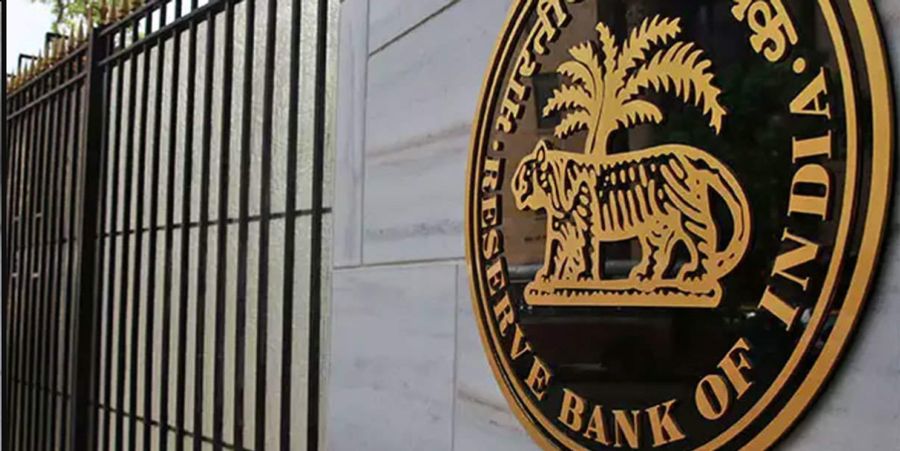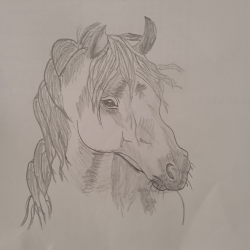

if the rural credit system in India has acquired its present size and significance , it is essentially due to the key role played by RBI. Since its beginning in1935 , THE RESERVE BANK OF INDIA as been playing an important role in providing the credit to agriculturists and strengthening credit institutes , primary co- operative societies and land development bank in particular. It focus on sort term refinance facilities for agriculture and allied activities, development of cooperative credit institution , expensive of the source of the funds for term and long term wings of the cooperative credit system, provision of the long term funds to brings about state partnership in cooperative agencies , training and professionalization of the co operatives , conducting rural credit survey to determine the coverages of the rural house hold by credit institutions , helping bank branch extension programmer to provides cheaper remittance facilities for the operating in rural areas , and guidance to all concerned on matter relating to rural credit. Thus, the of the RBI in the of agriculture the credit as been multi-dimensional , though largely regulatory in nature.
Self Help Groups ( SHGs) and micro credit programmed are an emerging phenomenon in the context of rural credit .SHGs promotes thrift ( Saving - habits) among rural household. Small savings are mobilize by SHGs and offers as credit to its different members , depending on their need. Credit is offered any security and at a moderate rate of interest. Presently , more than seven lakh SHGs are operating across different rural areas. Credit provision by the SHGs is known as micro-credit programmed. These programmed are becoming popular among the small borrowers owing to there informal credits delivery mechanism involving minimum legal; formalities.
The kisan credit card scheme aims at adequate and timely support to the farmers for there credits needs. Under the scheme , Banks may issue kisan credit card to the framers who are otherwise eligible for the credit for crop productions, allied activities and others non farm activities . The farmer under schemes are issued a credit card like passbook incorporating the name, address, particulars of the land holding, borrowing ,limits, validity periods , etc.
Default rate among the borrowers is assuming alarming proportions. While many may be genuine defaulters, investigations suggests that nearly 50 per cent are willful defaulters. This certainly is an alarming development and may shake the very foundations of rural banking systems.




